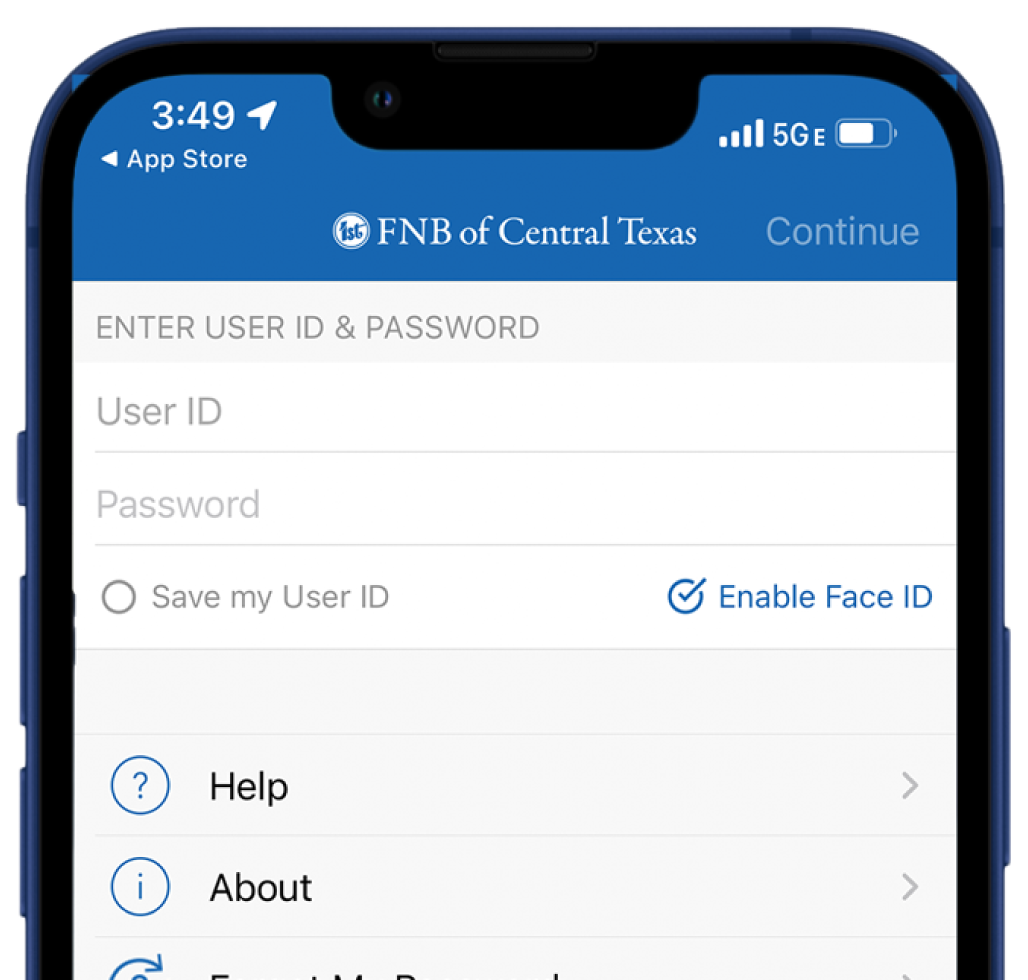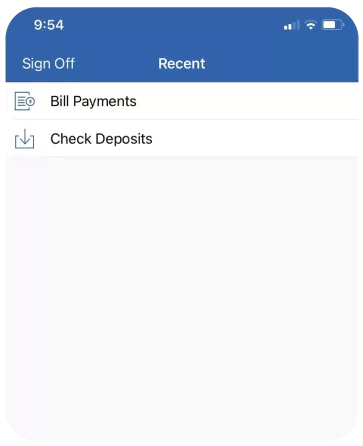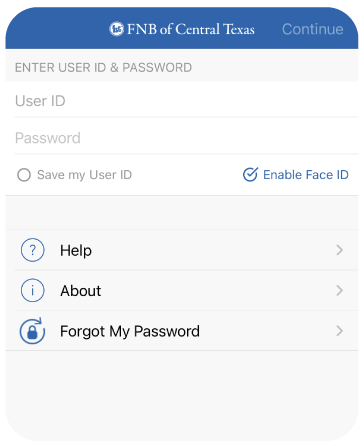Identity Theft & Fraud
Identity theft continues to be one of the most common crimes in the United States. We’ll show you how to protect yourself.
Educate Yourself
We take your safety and security very seriously. We implement industry leading security measures to safeguard your account and information. However, there are ways beyond our control that you can be scammed.
We urge you to learn more about these problems and take measures to protect yourself.
You can learn more about phishing by the Federal Bank, thrift and credit union regulatory agencies. Read detailed information about fraudulent scams and what you can do to help prevent it on the Federal Trade Commission’s Identity Theft website.
Phishing scams
The term “phishing” – as in fishing for confidential information – is a scam that encompasses fraudulently obtaining and using an individual’s personal or financial information.
In a typical case, the consumer receives an e-mail requesting personal or financial information; the e-mail appears to originate from a financial institution, government agency or other entity. The e-mail often indicates that the consumer should provide immediate attention to the situation described by clicking on a link. The provided link appears to be the Web site of the financial institution, government agency or other entity. However, in “phishing” scams, the link is not to an official Web site, but rather to a phony Web site.
Once inside that Web site, the consumer may be asked to provide Social Security numbers, account numbers, passwords or other information used to identify the consumer, such as the maiden name of the consumer’s mother or the consumer’s place of birth. When the consumer provides the information, those perpetrating the fraud can begin to access consumer accounts or assume the person’s identity.
Don’t become a victim
One of the more frustrating aspects when identity theft occurs is restoring your good name and credit.
If consumers either suspect that their personal information has been compromised, or have been victimized by identity thieves, they should: contact the fraud department at one of the three major credit bureaus and ask that a fraud alert be placed in their file at all three companies; review their credit reports periodically and carefully and look for inconsistencies or red flags such as accounts they didn’t open, debts they can’t explain or inquiries from companies they haven’t contacted, contact the companies where the fraudulent activity occurred, and follow up any telephone calls in writing; file a police report with local police or the police department in the community where the crime took place and keep a copy of the report; and file a complaint with the Federal Trade Commission.







